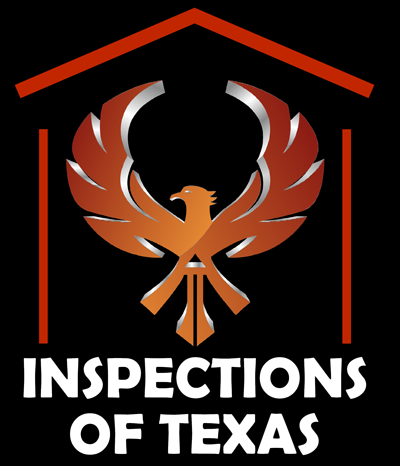One of the most common defects we see is the lack of bonding gas equipment to the house grounding system. Bonding simply means that a bond wire is attached to the gas pipes near the equipment and to the house grounding system. Lack of bonding exposes your house to a fire hazard.
What is it?
Your water heater, furnace, and range often operate with natural gas piped through black iron or galvanized pipe. The hard pipe is connected by a flexible appliance connector made of Corrugated Stainless Steel Tubing (CSST). CSST was developed in Japan as a solution to hard gas pipes breaking during earthquakes in the 1980’s. Because all houses settle and move, using the flexible pipe became popular in the U.S. too. However, it wasn’t known to be a fire hazard until much later.
In the event of unintentional energizing of the CSST such as a lightning strike nearby, the thin material could develop pin holes that let gas escape as well as creating an electrical arc, causing house fires. It was found that bonding the equipment significantly reduced the risk of damage and fire from a lightning strike – the electricity travels down the bond to the ground instead. As a result, manufacturers required bonding the hard pipe near the CSST to prevent tragedies. Inspectors were required to mark the equipment as deficient if it was not bonded.
Why is this fire hazard so prevalent?
Since the CSST has been required to be written up as deficient for a number years, why are there so many that are not bonded? This odd situation is due to the fact that a better, stronger CSST started being used that did not require the extra bonding. However, many inspectors and home owners had a hard time identifying which type needed to be bonded. So the Texas Real Estate Commission recently (2022) required all flexible appliance connectors to be bonded at the hard pipe close to the appliance. Most new home builders know they are not using the thinner type of CSST and do not require the gas appliances to be bonded, believing it to be a “belt and suspenders” double protection that is not needed. This leaves most homes not properly bonded.
This and other potential safety hazards must be documented by your home inspector. Your best protection is for all gas appliance connectors to be bonded (attached) to the house grounding system. Be smart and stay safe with a home inspection!

